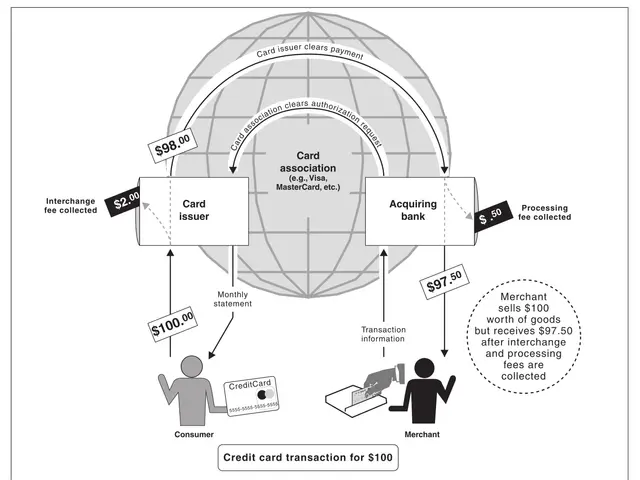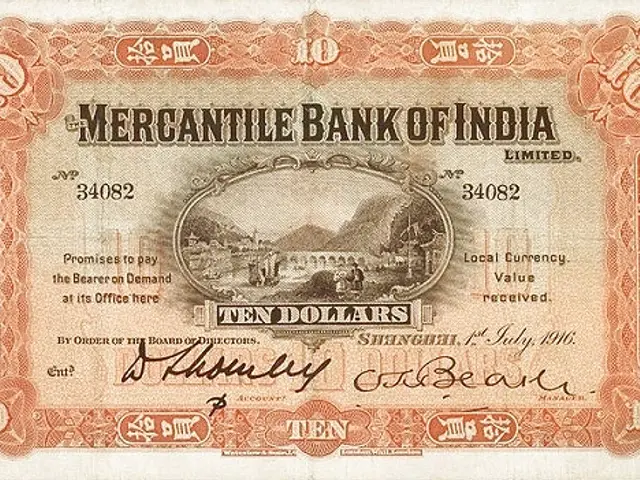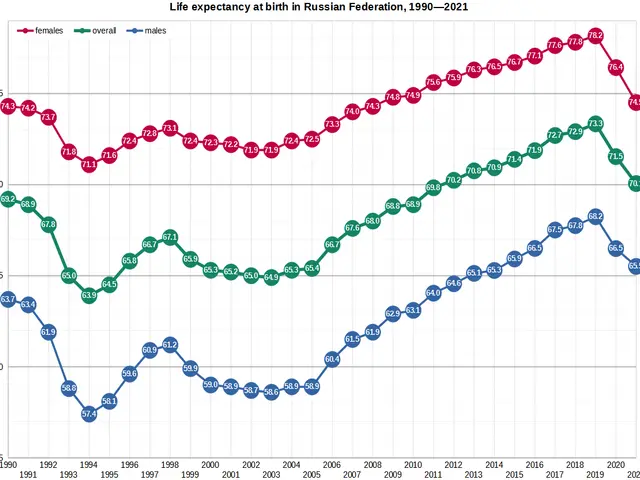A mere 44% of workers receive remuneration for holidays.
Have you ever wondered if you're entitled to a holiday bonus at your job? Well, according to a recent survey by the Economic and Social Science Institute (WSI) of the trade union-affiliated Hans Böckler Foundation, not all employees in the German private sector are so lucky. The survey found that only 44 percent of workers receive a holiday bonus.
If you work in a company with a collective bargaining agreement, your chances of receiving a holiday bonus are better. In such cases, 72 percent of workers receive this special payment.
"When employees work on a public holiday at their regular place of employment, those with collective bargaining agreements in place are generally entitled to a holiday supplement, which compensates for working on a rest day," explained Malte Lübker, a wage expert at WSI.
The amount of holiday pay can vary greatly across industries, from 186 euros for employees in agriculture in Mecklenburg-Western Pomerania to 2,820 euros for employees in the wood and plastics processing industry in the Westphalia-Lippe tariff region, according to Thorsten Schulten, head of the WSI tariff archive.
The amount of holiday pay depends on the tariff wage, but in some areas, a flat rate is paid. "Where relatively high tariff wages are paid, holiday pay is also significantly higher," said Schulten. "In the classic low-wage sectors, employees not only receive a lower holiday pay, but also the chance of receiving such a special payment is significantly lower due to the lower tariff binding."
It's essential to note that there is no nationwide standard or legally mandated "average holiday pay" rate across all industries in Germany. Rather, holiday pay in the context of work performed on public holidays is typically determined by collective bargaining agreements or individual employment contracts, not by statutory federal law.
In some industries, such as public services, healthcare, and construction, holiday pay rates have been established through their respective collective agreements. For example, in the public sector, employees might receive a 100% or 150% supplement for work performed on a holiday. Rates in retail and hospitality may vary, but it's common for employees in these sectors to receive a 50% to 100% supplement for holiday work, depending on the collective agreement.
Employers should always check the relevant collective agreement or consult legal experts to determine the correct holiday pay obligations for their workforce. So, before you count on a holiday bonus, make sure to do your homework and find out what your employment contract stipulates. Happy researching!
[1] Working Hours Act[4] German Federal Labor Agency
- Promoting workplace wellness and health-and-wellness, it's crucial for employees to understand the financial implications of their employment, such as holiday bonuses.
- In the pursuit of science and business, understanding the specifics of holiday pay in different industries can significantly affect an employee's overall finance and wellbeing.
- While the Workings Hours Act may not mandate a standard holiday pay rate across all industries in Germany, careful research into employment contracts or collective agreements is essential to ensure workplace-wellness and financial security.







